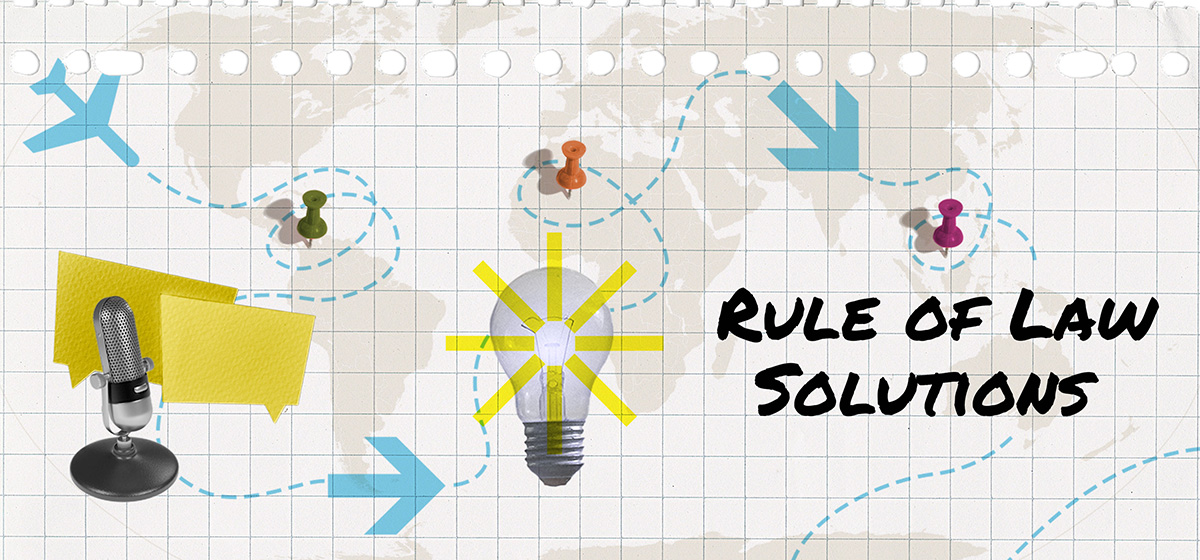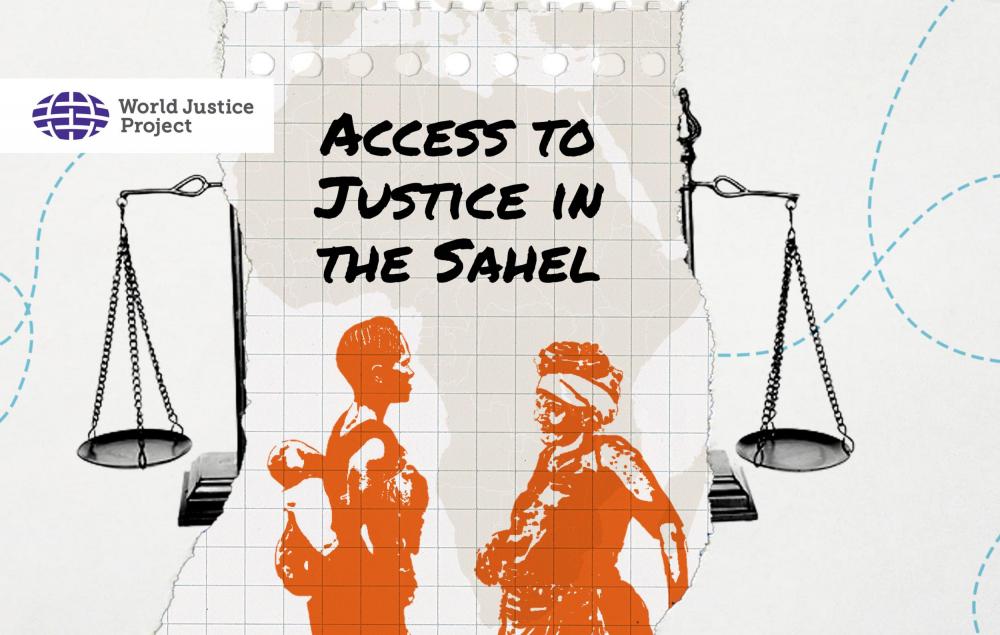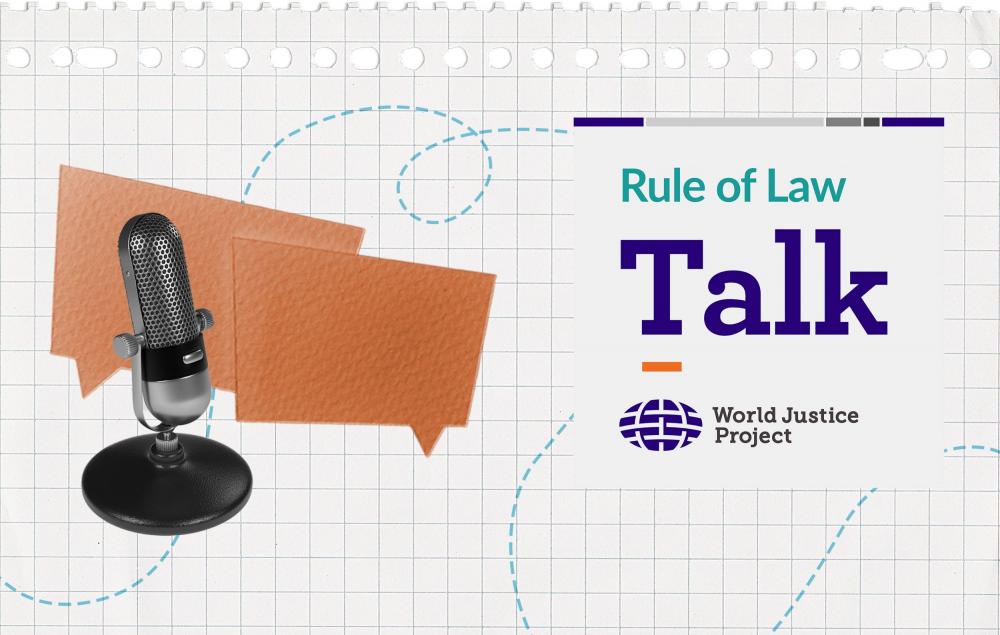

WJP is pleased to launch a new initiative exploring how local justice champions are expanding access to justice, fighting corruption, and reforming criminal justice around the world.
Launching today, the World Justice Project's Rule of Law Solutions Initiative is a qualitative research program focused on sharing and amplifying effective practices for advancing the rule of law. Over the coming months, the Rule of Law Solutions Initiative will share narrative reports in the areas of access to justice, anti-corruption and open government, and criminal justice reform, beginning with "Access to Justice in the Sahel."
The Rule of Law Solutions Initiative's reporting and interviews feature justice reformers with backgrounds and approaches ranging from the law to development, education, engineering, computer science, human rights, and humanitarian assistance. Some are animated by an entrepreneurial desire to build new tools for change, while others are deeply motivated by a personal experience of injustice. What they all share is a fundamental conviction that peace and development depend upon the rule of law.
The initiative is a registered UNDP accelerating action for Sustainable Development Goal 16, which aims to "promote peaceful and inclusive societies for sustainable development, provide access to justice for all and build effective, accountable and inclusive institutions at all levels."
First in a Series: "Access to Justice in the Sahel"
In March, a World Justice Project researcher traveled to West Africa to interview local government officials and civil society activists. His purpose was to understand how access to justice — the capacity of ordinary people to resolve their everyday justice problems fairly without undue hardship — works in the Sahel, a semi-arid region that snakes along the southern edge of the Sahara desert, from Senegal and Mauritania in the West to Sudan and Eritrea in the East.

"Access to Justice in the Sahel" is the first in the Rule of Law Solution Initiative's three-part series on rule of law solutions around the world. Research is now underway on part two: "Anti-Corruption Solutions for Public Health in Southeast Asia." The third part, which will focus on criminal justice reform in Latin America, is scheduled to begin in 2021.
Explore Access to Justice in the Sahel
Field Interviews and Practitioner Insights
Over the coming weeks, WJP's Rule of Law Talk podcast will feature a series of episodes focused on the Rule of Law Solutions Initiative. In the first interview launching today, WJP's Joe Haley speaks with program officers from the American Bar Association Rule of Law Initiative (ABA-ROLI) and Association Temedt who are working to abolish the practice of descent-based slavery in Mali. The conversation revisits a successful two-year program, supported by the U.S. Department of State's Bureau of Democracy, Human Rights and Labor, which helped to raise awareness about descent-based slavery and obtain liberation and legal documentation for hundreds of victims.

Subscribe to Rule of Law Talk on Spotify, Apple Podcasts, Soundcloud, Stitcher, and Google Podcasts for upcoming installments in the Rule of Law Solutions series.
Get Involved
The Rule of Law Solutions Initiative is an ongoing program of research and engagement. Its success depends upon the active participation of policy experts and program implementers who are working to strengthen the rule of law. Please contact our program manager to learn about upcoming research topics or to nominate a solution for inclusion in a future series.






